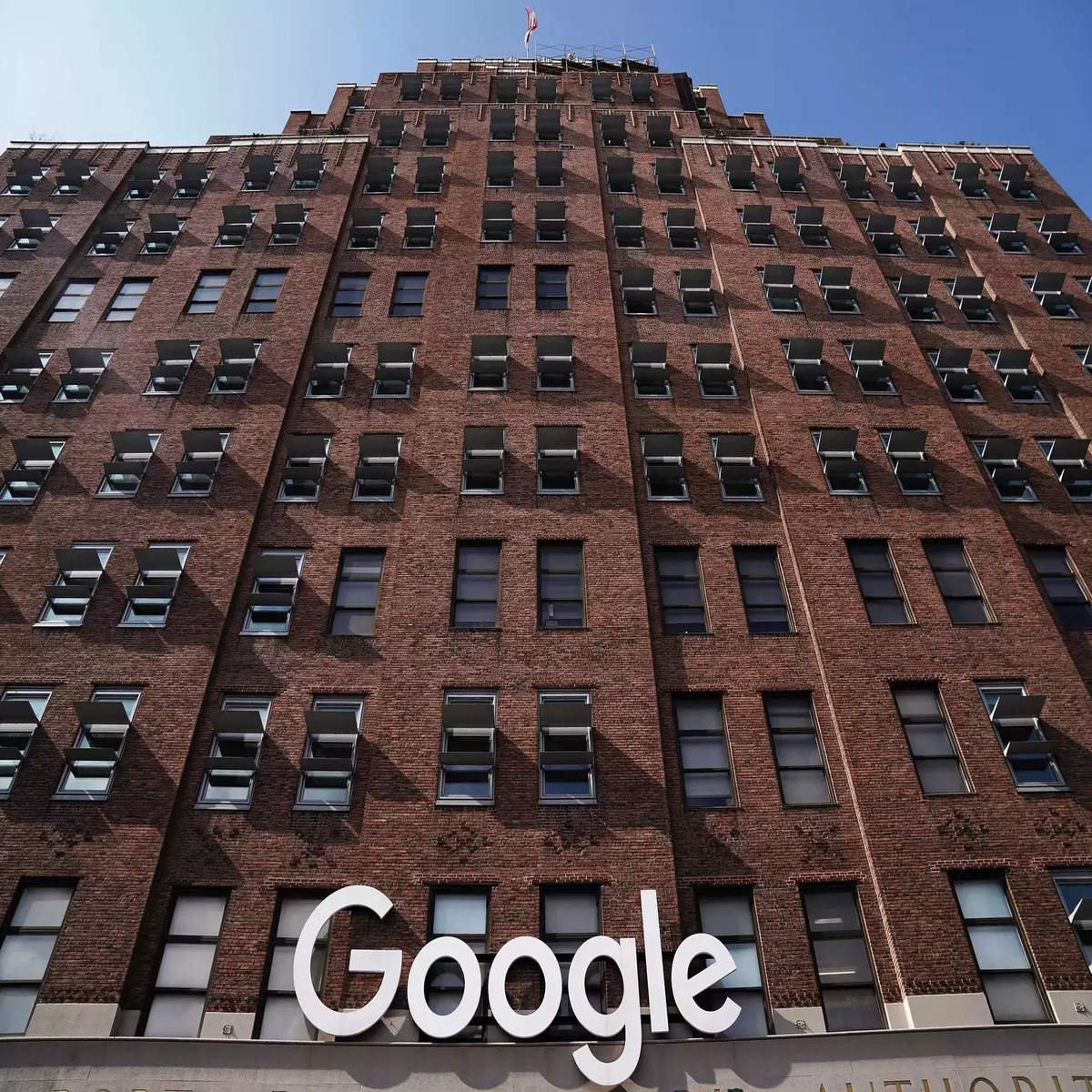In a significant move to combat the spread of misinformation, Google has announced the expansion of its “prebunking” campaign in Europe, with a particular focus on Germany. This innovative strategy aims to enhance the public’s resilience against the corrosive effects of online misinformation by priming individuals’ critical thinking skills, thus making them more resistant to false claims.
Key Highlights:
- Google’s campaign will release a series of short videos highlighting common techniques used in misleading claims.
- The videos will be advertised on major platforms like Facebook, YouTube, and TikTok in Germany, following promising results in Eastern Europe.
- This approach, known as prebunking, educates people on spotting false claims before they encounter them.
- The campaign is a response to the rapid spread of misinformation online, which has been amplified by the internet and social media algorithms.
- Google’s initiative represents a novel method of countering misinformation, focusing on the techniques rather than the content of false claims.

Relevant Statements and Facts: Beth Goldberg, head of research and development at Jigsaw (a Google incubator division), expressed excitement about the novel use of ads as a vehicle to counter disinformation techniques. The challenge of misinformation is complex, with journalistic fact-checks and content moderation by tech companies offering partial solutions. Prebunking videos, by contrast, offer a cost-effective and politically neutral method of addressing the issue, focusing on the manipulation techniques rather than the contentious content of misinformation.
The prebunking method has been tested in Poland, the Czech Republic, and Slovakia with significant success, particularly in Poland. These videos dissected misinformation techniques about Ukrainian refugees, reaching millions and demonstrating an increased ability among viewers to identify and resist spreading false claims.
Conclusion:
The launch of Google’s anti-misinformation campaign ahead of the EU elections marks a proactive step in the ongoing battle against the spread of false information. By focusing on the techniques of misinformation rather than the content, Google’s approach offers a promising avenue for educating the public in a non-partisan manner. The initiative’s success in Eastern Europe serves as a hopeful precedent for its implementation in Germany and potentially across the EU. As misinformation continues to challenge democratic institutions and public health, such innovative strategies become crucial in fostering a more informed and resilient society.


















